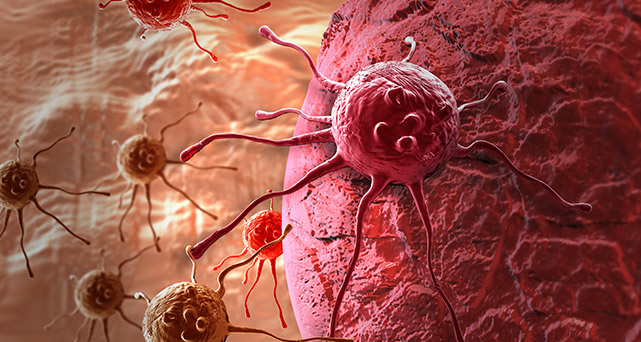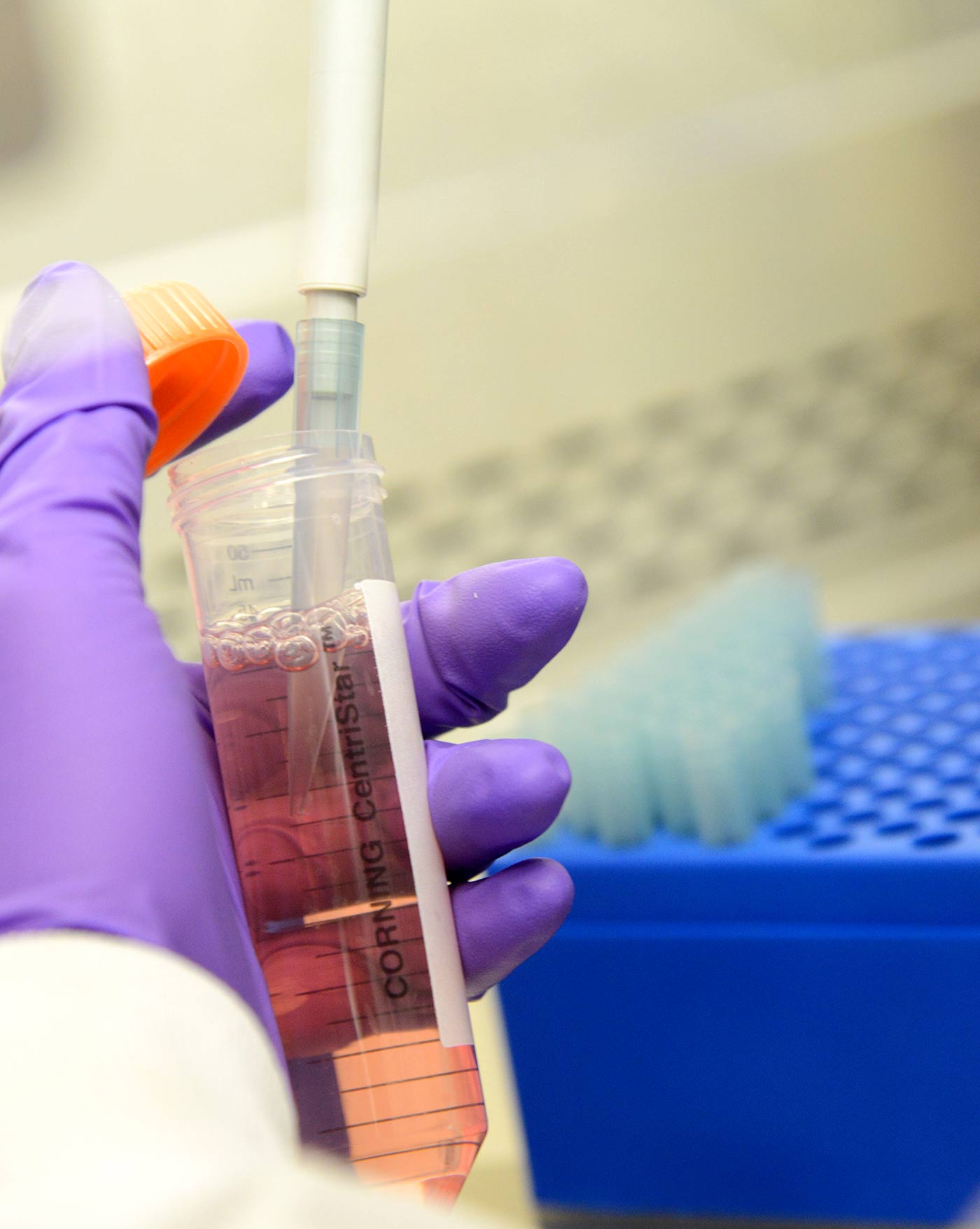Predicting Tumor Growth
UTSA professor’s study describes new way to predict tumor growth
Doctors may soon be able to determine the best treatment option for a cancer patient based on an algorithm that predicts tumor growth. A new study by Yusheng Feng, professor of mechanical engineering and director of Center for Simulation, Visualization, and Real-Time Prediction at UTSA, describes an algorithm that can predict the growth of cancerous tumors, which could help medical professionals judge the best treatment options for patients.
Feng first began researching cancer in 2004, predicting the outcomes of cancer treatments that use laser technology.
“In that project, we were using the heat of a laser to kill the cancer cells of the tumor,” he said. “We had to use a computer simulation to show the amount of heat we were going to use and for how long, so we didn’t damage any non-cancerous tissue.”
In this project, Feng learned just how beneficial computer simulations can be when approaching treatments, especially for those cancer treatments, which regularly require surgery.
“One of the biggest advantages you can give a doctor and their patient is knowing how fast a tumor is growing and which treatment options are effective,” he said. “This helps them to make the decision of not just when to treat someone, but also how to treat them.”
Feng collaborated with colleagues at The University of Texas at Austin and the MD Anderson Cancer Center to create a novel algorithm described in the study. It takes into account major biological events in the tissue and cells of the patient, as well as signals inside a cell, among dozens of other factors. As a result, the algorithm is applicable to all types of cancers, as long as doctors know the relevant biological information.
“Outcome prediction is always good, especially when it is reliable,” he said. “And knowing the outcome of the treatment can be very beneficial.”
Feng has plans to apply the algorithm to a computer program that can aid medical professionals in judging which treatments, if any, are appropriate for a patient’s tumor based on how slowly or quickly it’s growing. Moreover, the computer program may help to evaluate targeted therapies based on the prediction.
“Tumor cells are nothing but normal cells out of control, even worse they may migrate to the wrong place,” he said. “That’s why cancer is so hard to treat: it’s your own cells.”
– By JoAnna Carver/University Communications and Marketing








